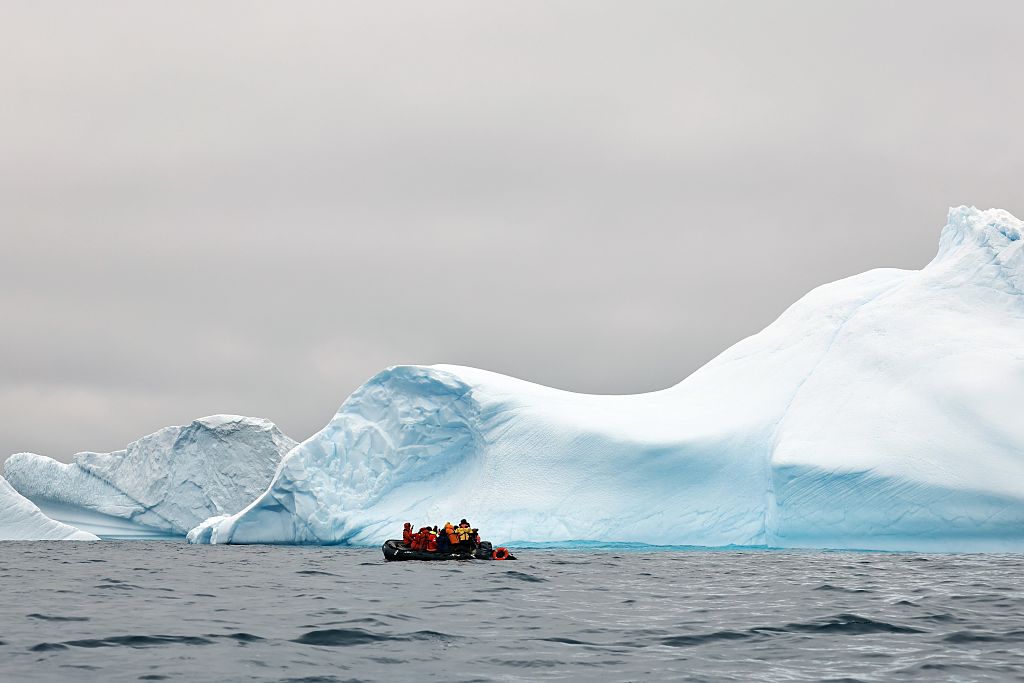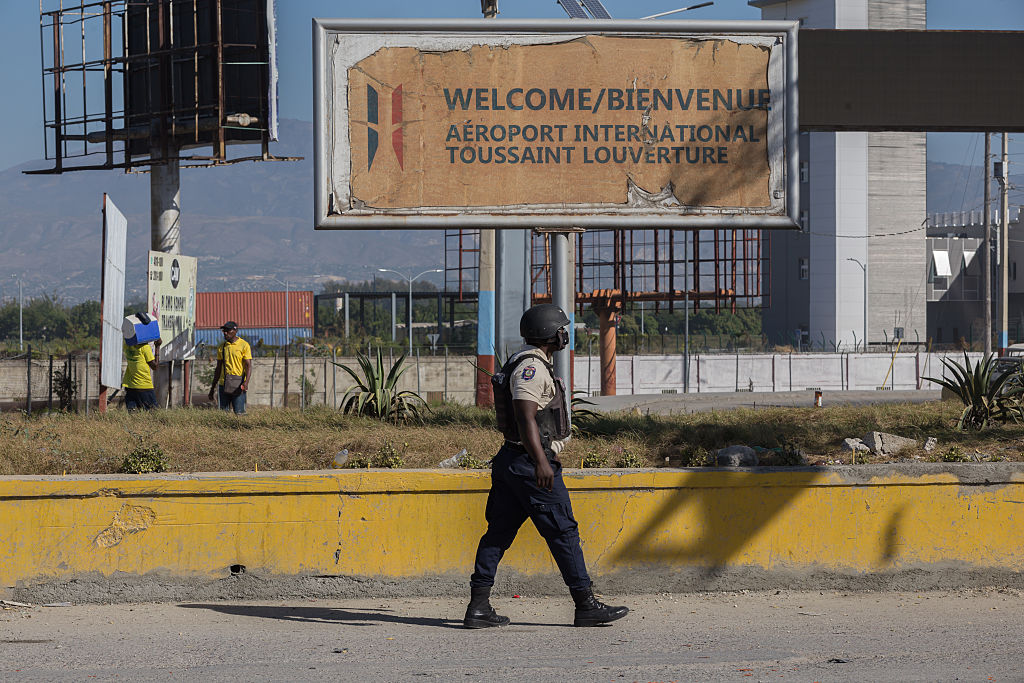U.S.-Funded Naval Base Sparks Controversy in the Dominican Republic
U.S.-Funded Naval Base Sparks Controversy in the Dominican Republic
A U.S.-funded naval base has been a source of debate in the Dominican Republic at a time when the country faces mounting drug-trafficking woes.
As May presidential elections approach, a proposed naval base in the Dominican Republic has stoked debate. The U.S. Southern Command (SOUTHCOM) will finance the construction of a naval base and dock on Saona Island, investing $1.5 million to curb drug trafficking and migrant smuggling. The project is slated to begin in March with construction lasting nine months. During the February 17 launch with the minister of the Dominican armed forces, U.S. Embassy Public Affairs Advisor in Santo Domingo Todd Haskell said: “This investment…will lead to greater long-term effectiveness in the fight against common threats that affect our two nations. Once completed, the project will also allow the Dominican Navy to have a continuous presence in the Isla Saona.” He also noted the island’s location in a “vulnerable” area and that the base’s presence will allow monitoring of the Mona Passage, a strait between the Dominican Republic and Puerto Rico frequently used by smugglers. Officials said that given the island’s biodiversity, the project aims to protect the local flora and fauna. But with national sovereignty and security at play, many Dominicans are concerned over what they see as increasing U.S. military influence.
With a population of only 300, Saona Island is a 42 square-mile national park and protected nature reserve off the southeast coast of the country. It’s also a popular tourist destination that receives around 300,000 visitors a year. Environmentalists believe the base would violate environmental laws, given the island’s protected status.
But the more contentious issues is sovereignty, given two occupations by the U.S. military on the island over the last century. Some believe that U.S. funding means that the base would be run by the American military, but the U.S. embassy in Santo Domingo assured that “there will not be any military personnel involved in the construction or operation of the base on the island of Saona." Congressmen from the Dominican Liberation Party—that of President Leonel Fernández—called for a formal investigation of the project. So far, Danilo Medina, the favorite to replace President Fernández, has avoided comment on the project, saying that the presence of a U.S. base is “speculation.”
Still, the Dominican government recognizes its growing role as a regional drug hub. In 2009, the Dominican Republic reported the highest number of crack cocaine seizures out of any country worldwide. It also ranked in the top 20 countries with the largest number of cocaine seizures. The Caribbean country has become a major transshipment point of drug smuggling and a key location between South American suppliers and markets in Europe and the United States. Between rising levels of shipments and increased anti-trafficking efforts, the National Drug Control Agency (DNCD) reported a 34 percent surge in drug seizures from 2009 to 2011.
Given the Dominican Republic’s growing challenges in fighting drug trafficking, the United States has voiced support for greater cooperation on anti-trafficking efforts. The Caribbean Basin Security Initiative, launched in April 2009, is a cooperation agreement between the U.S. government, the Dominican Republic, and Caribbean Community countries to reduce drug and arms trafficking, as well as improving security and promoting social justice. SOUTHCOM is one of the main players on the U.S. side, which “supports interagency efforts…in international waters and airspace” and “enhances the capacity and capability of…partner militaries” to fight drug trafficking. In 2011, the United States invested $77 million in the initiative—a 70 percent increase over the prior year.
But corruption is a large challenge to bilateral anti-trafficking efforts. InSight Crime reports that 5,000 members of the military and police forces were arrested from 2009 to 2011 on corruption charges, many linked to drug trafficking. Plagued with cases of officials tied to traffickers, the DNCD itself saw the dismissal of 20 percent of its force in 2010. The problem is not lost on the United States. On February 21, Univision reported that U.S. authorities revoked the visas of four high-ranking government officials close to President Fernández due to suspicions of corruption and links to drug traffickers. A U.S. government official confirmed that the president’s main military advisor, Héctor Medina y Medina, as well as border security chief General Manuel de Jesus Florentino y Florentino, did in fact lose their visas. Cables released by Wikileaks indicate that U.S. officials worried about Medina and Florentino’s drug ties as early as 2008. The report also included Víctor Crispín, the president’s bodyguard and assistant director of the National Department of Investigations and ex-National Police chief major general, and presidential security advisor Rafael Guzmán Fermín. However, both traveled to the United States last week, where they denied the accusations.
Learn More:
- Read the announcement about the construction of the naval base.
- See the UN Office on Drugs and Crime 2011 World Drug Report.
- Read a congressional statement by SOUTHCOM General Douglas Fraser on the Caribbean Basin Security Initiative.
- Read a Miami Herald report on the high-ranking Dominican officials who lost their U.S. visas.
- Read a preview of the Dominican Republic’s upcoming presidential election.








